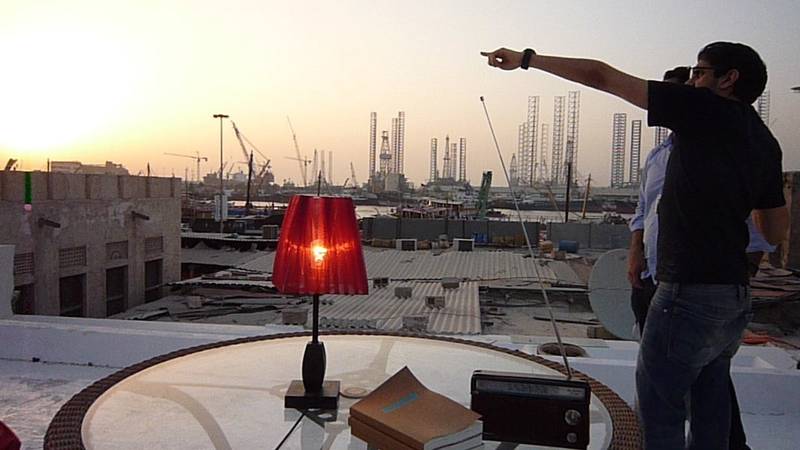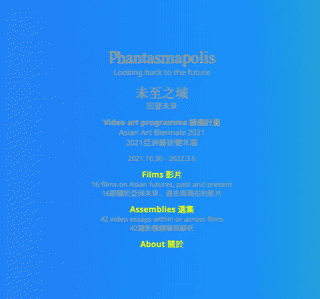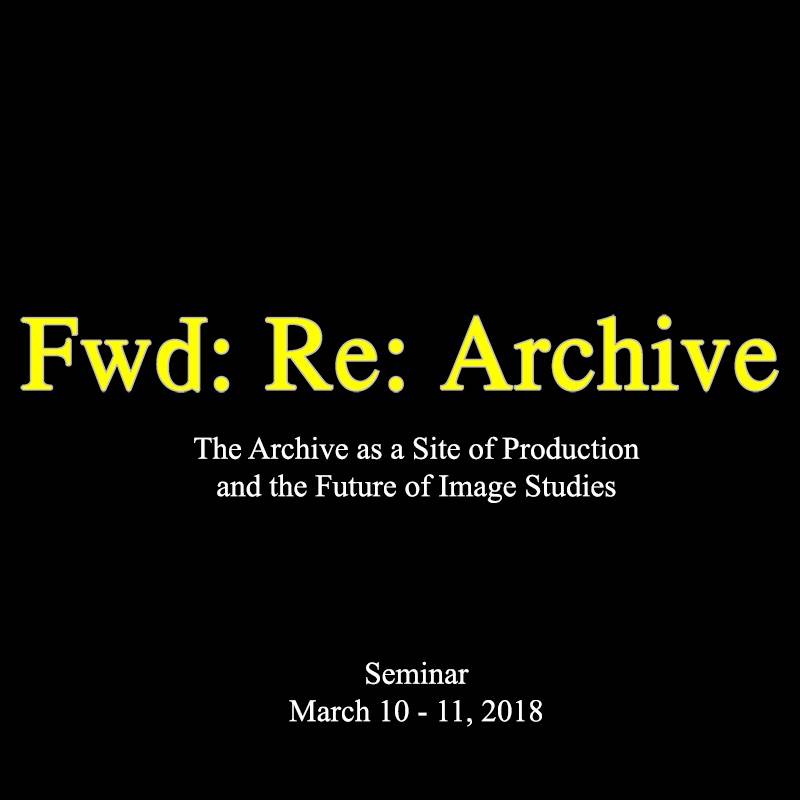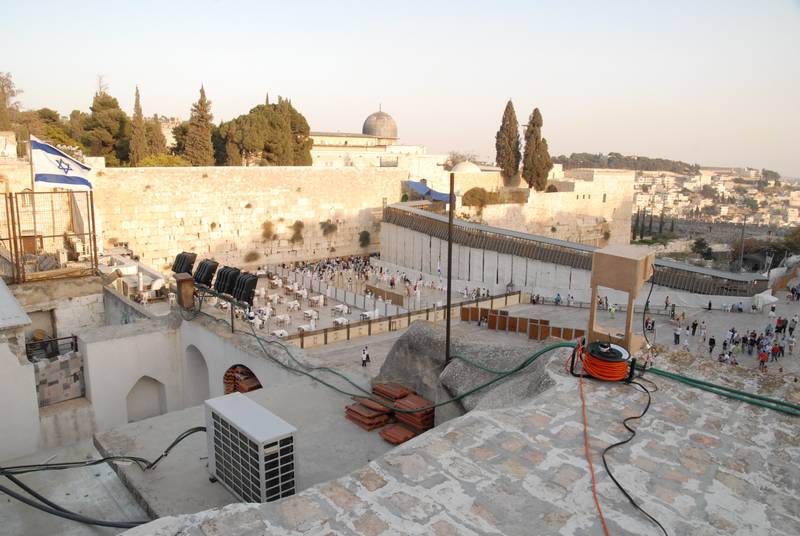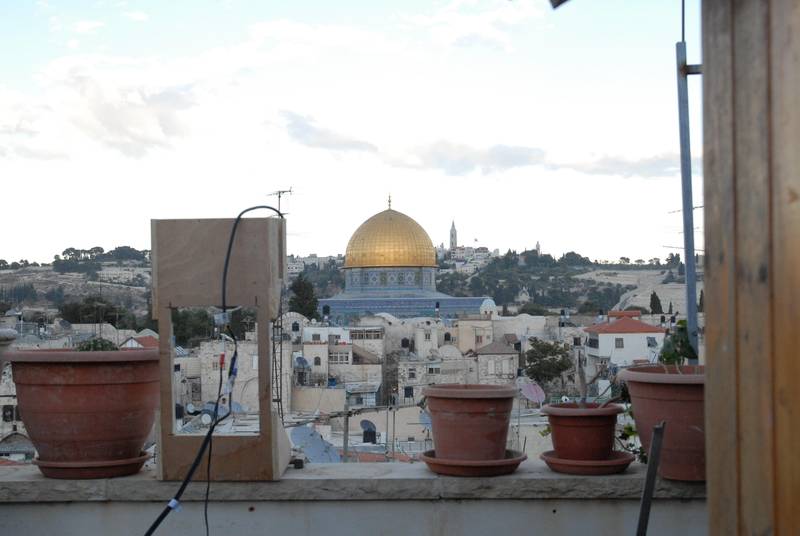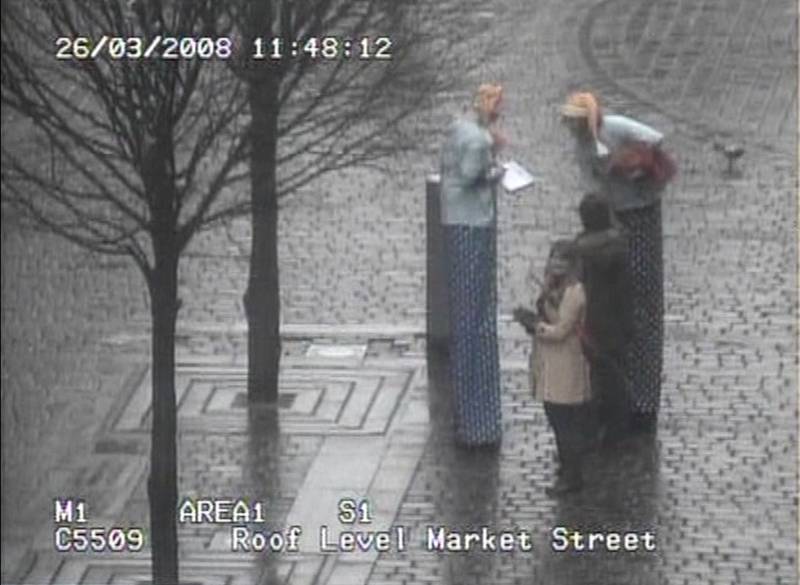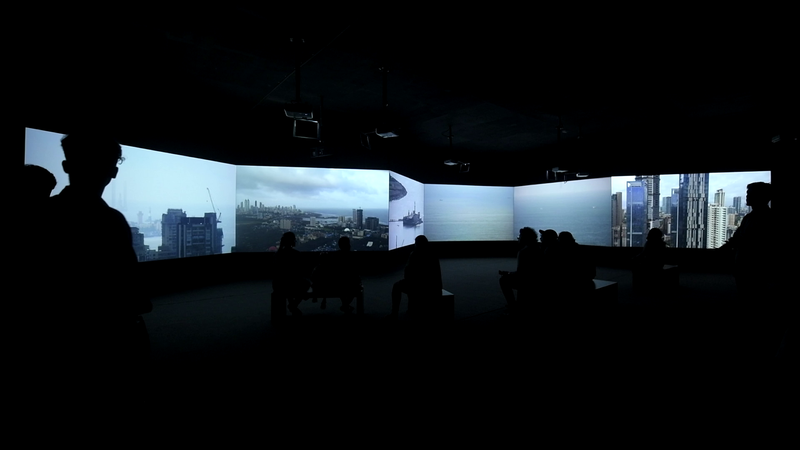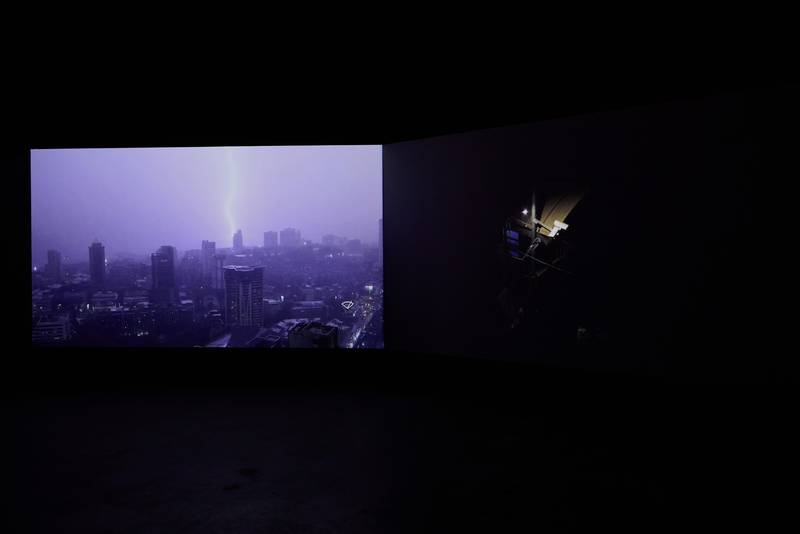
Pad.ma at Home Works, Beirut
April 11, 2010 - April 27, 2010
Don't Wait for the Archive
Archiving practices and futures
of the image.
A workshop and colloquium with pad.ma
@ Home Works
Ashkal Alwan
Beirut
The workshop is proposed as a two-week period, more a
time for production than an extended "event". It will
involve working with materials from Beirut (the Cinemayat video
collection from 2006 is one starting point) which will be digitised and
annotated through pad.ma.
Further, filmmakers, writers and researchers are invited to contribute
materials, and to explore ways of writing across and through video
material. During Home Works, the pad.ma
group and the Beirut participants will take part in a 5-hour
colloquium, which will present and discuss our findings.
Workshop Dates:
April
12th to April 22nd
at Sanayeh Space
24 April, Saturday Pad.ma Colloquium at Home Works V, 4:30 pm - 9:30 pm.
Pad.ma Team for workshop:
Namita A. Malhotra
is a legal researcher and media practitioner with the Alternative Law
Forum (ALF) in Bangalore, India. She initiated the law, media and
technology project in ALF. She has been writing on issues of censorship,
open content, technology and pornography. She is currently working on a
film on technology and sexuality, and a monograph for the Center of
Internet and Society, Bangalore on historical and contemporary aspects
of law, image and pornography. She has worked on the licensing and legal
structure of the Pad.ma online archive.
Lawrence Liang is one of the co
founders of Alternative Law
Forum (ALF), a collective of lawyers working on various socio-legal
issues, from Bangalore. His primary areas of work have been around the
politics of intellectual property and culture and he has written and
lectured extensively on the area. He works closely with Sarai, New Delhi
and is currently writing a book on law, justice and cinema in India. An
avid cinephile and collector, Lawrence has been interested in the
future of the archive in the digital era, and has been closely involved
with the pad.ma project.
Occasionally, he has also moonlighted as an artist.
Jan Gerber is an artist and software
developer from Berlin.
He develops internet platforms for the production and distribution of
video material, such as v2v.cc, 0xdb.org, pad.ma,
dictionaryofwar.org.
He has initiated research and public events on questions of
intellectual property and piracy in projects such as Pirate Cinema (piratecinema.org)
and
The Oil of the 21st Century (oil21.org).
He works on the free and open video codec Ogg Theora and related tools
ffmpeg2theora and Firefogg.
Sebastian Lütgert,
artist, programmer, writer, co-founder of
Bootlab and Pirate Cinema, and lives and works in Berlin. He has
co-initiated a number of projects on intellectual property, cinema and
the internet, including the cinema archive 0xdb.org, the Oil21.org project, and Pad.ma.
Sanjay Bhangar is a
writer and software developer who lives in
Mumbai. He is a founder member of CAMP, and has been involved with the pad.ma project since its
inception. He is a big believer in the open-source software development
model, and in new models of access that online archives can provide. He
is currently working on a few web-based projects including a
web-to-print publishing platform, a resource site for theatre in India,
and online mapping and indexing tools.
Shaina Anand is
a filmmaker and artist, and a co-initiator of
CAMP and Pad.ma. She has been working independently in film/video
since 1997. In 2001, she founded ChitraKarKhana, (http://chitrkarkhana.net)
a fully independent unit for experimental media. Her recent works
continue to be informed by an interest in information politics, and by a
critique of documentary film. Interventionist projects such as WICity
TV (2005), Khirkeeyaan (2006), Cold Clinic (2008), and Al Jaar Qabla al
Daar (2009) have created new assemblies from within the terrains of
operation of contemporary media: television, cable TV, CCTV and surveillance
infrastructures, video archives - towards further possibilities for the
image and narrative.
Ashok Sukumaran is an artist whose
interests are in
archaeologies of media, and in what haunts or underlies network forms
and material distributions. Recent subjects in his work include urban
water, electricity, cycle rickshaws, sea trade, and "the neighbour".
His work takes the form of public projects, exhibitions, films,
lectures, and long-term collaborations via CAMP, which he co-founded in
2007.
Hosted by Jadmur Collective, Sanayeh Space.
Report
Colloquim timetable and participants:A Colloquium with Pad.ma
4:30 p,m Monnot Theatre
_________
Introductions
4:30 pm
> Pad.ma as a Software project: Jan Gerber and Sebastian Lütgert. 20 mins
4:50 pm
> What pad.ma contains: Shaina Anand. 20 mins
_____
5:10 pm
Pad.ma Presentations:
> Kristine Khouri, Mish Maoul! Documented Divorces and Imaginary Museums. 20 min.
5:30 pm
> Mirene Arsanios, Reading Marginalia. 15 min.
5:45 pm
> Basma Al Sharif: from We Began by Measuring Distance. 10 min.
5:55 pm
> Kaelen Wilson Goldie: A Few Questions: Everything around the X but the X. 20 min.6:15 pm
Discussion. 15 min.
_____
Pad.ma Presentations:
6:30 pm
> Yasmine Eid Sabbagh, A Note from Burj Al Shamali Camp. 15 min.
6:45 pm
> Namita Malhotra, Images in Trouble. 20 min.
7:05 pm
> Omar Dewachi, On Trauma. 10 min.
7:15 pm
Discussion. 15 minutes.
___________________________________________________
Break (7:30 pm - 7:45 pm)7:45 pm
> 10 Theses on the Archive. 30 mins.
Lawrence Liang, Ashok Sukumaran, Sebastian Lütgert.Discussion. 15 mins
_____
8:30 pm
> Bachir Saade, Hizbollah and the Politics of Remembering. 15 min.Discussion. 10 mins.
_____
Pad.ma Presentations:
9:00 pm
> Mansour Aziz. Cinemayat revisited. 10 min.
9:10 pm
> Abir Saksouk & Nadine Bekdache, Aita el'Chaab. 15 min.
9:25pm
Abed Kobeissi introduces
Song excerpt from a Maroun Baghdadi film (Ya Ali, 1979)
Souad Abdallah
Towards a Home Works Academy archive
Closing statements. List of pad.ma contributions from Beirut.
Call for Participation
We invite you to pad.ma's first major international workshop, a two-week engagement with people, images and archiving practices in Beirut.
Don't Wait for the Archive
Archiving practices and futures of the image.
A workshop and colloquium with pad.ma
To
not wait for the archive is often a practical response to the fact that
there are missing or absent archives in many parts of the world. And to
wait for the state archive, or to wait to be archived, is not a healthy option.
Among the many metaphors for archives that trap time, we could count: the
archive as a promised land that remains forever on the horizon, the
archive as a crusty or aspirational monument to state heritage, or the
archive as a fruit which ripens only to attract the market. But there
are other metaphors too, which bring us to other possibilities. There is for example the very old idea of the archive as a
garden, in conflict with the idea of the archive as a forest, or as a
farm. Or the archive as a river, for instance, which accepts the
structure of the archive to be both directional and temporal, and which
takes into account phenomena like floods, sediments, leakage, boatmen,
driftwood and even drowning. To enter the archive mid-stream is exactly
parallel to what the digital does, or is: neither the beginning nor the
end of the archive, but the in medias res (in the middle of affairs) of contemporary archiving.
This 10-day workshop, with a team of artists, videomakers, writers, programmers and legal researchers who work on the pad.ma
online archive project, is designed to share the imaginations,
anxieties, tools and materials that propel image-based archival
practices towards their futures. It uses as a basis pad.ma's
experience in working with video and the internet, but is interested in
broader questions around exhibition, distribution, property and
politics that face archival practices today. We hope to find something,
in the density of contemporary experiences in Bombay, Bangalore,
Berlin, Beirut or on the internet, that can lead us to a shared theory
of the archive that goes beyond its dominant canons (Benjamin,
Foucault, Derrida).
The workshop is meant to be a time for production and discussion.
It is open to anyone who is interested, in writing about or
contributing video material. It will take place from April 12- 22, in Sanayeh, 2 pm to 6 pm every day, followed by evening screenings of "Archive Cinema", on alternate days.
12 April: An extended Introduction to pad.ma. What we archive, why, and how, our experiences.
13 April: Internet and digital archives. Emerging questions of archivisation, auto-archiving, networks, labour, law.
14 April: Two parallel threads begin:
a) production around Beirut materials using pad.ma, starting with the Cinemayat collection.
b) conceptual stream around archiving and related questions, including but not limited to:
> The future of the image, the past of the exhibition.
> Still / moving images. Proposals for a still-image archive.
> Database aesthetics and politics.
> Technologies of the self / technologies of objects.
> Censorship, property, commons and other conflicts.
17 April: Saturday, review of Beirut materials in pad.ma.
18 April: Sunday, Writer's day.
22 April: Workshop ends with a set of propositions, for ongoing archival practices in the region.
24 April: Saturday Colloquium at Home Works V, 4:30 pm - 9:30 pm.
We welcome participants who will come in on some days only, but to
take part in either of the two threads, or as a video contributor or
writer, you should register with us by emailing pad.ma@pad.ma.
pad.ma Colloquium :
24th April, 4:30 pm - 9:30 pm.




























